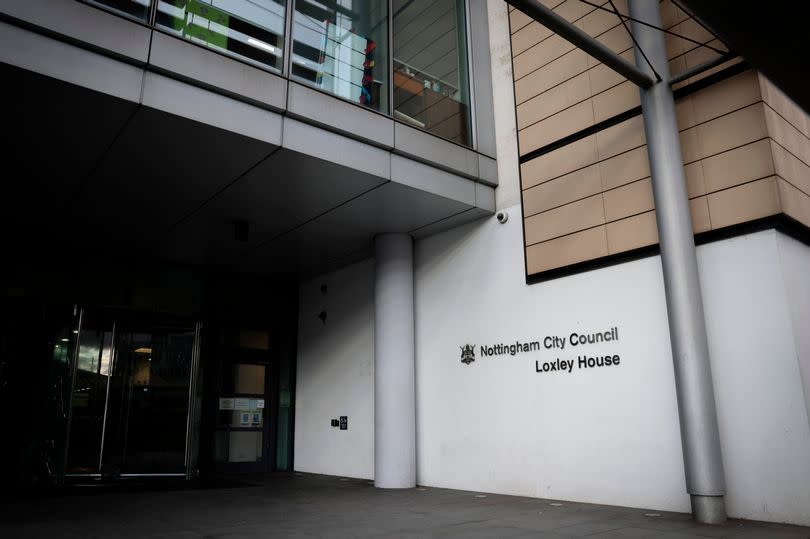Huge Nottingham council tax rise possible as coming years to 'make or break' city

The next three years have been described as "make or break" for Nottingham City Council as the authority pushes for permission to raise council tax above the current 5% limit. Legislation states that any council wanting to increase tax by more than 5% has to hold a local referendum on it.
Yet financially struggling councils can apply for government permission to raise tax above this threshold without holding a referendum. Nottingham City Council said earlier this year that it would be "prudent" to consider options including a council tax rise as high as 10% next year.
Other councils to have raised council tax above the referendum limit include Birmingham City Council, which approved an increase of 21% across the next two years. Woking Borough Council agreed a 10% increase, whilst Thurrock approved an 8% rise.
Should Nottingham City Council have managed its finances better over the last 10 years?
Nottingham City Council has now confirmed that it will be carrying out "continuous engagement" with the Government on options including raising tax above the referendum limit. The confirmation comes within Nottingham City Council's new improvement plan, drawn up to address the issues which led to commissioners being sent in to the authority.
Councillor Neghat Khan, the city council leader, said: "The next three years will make or break the council. That is why we have drawn up our improvement plan - a roadmap that recognises the urgency of the task ahead and sets out how we can move from crisis to stability, to get back on track to deliver for the people of Nottingham."
The plan has been developed and agreed with the three commissioners who were sent in to run Nottingham City Council after the authority effectively declared bankruptcy last year. Other past crises at the council have included the collapse of Robin Hood Energy and the illegal spending of housing money.
In terms of past errors, Councillor Khan said: "Our improvement plan recognises that we must learn from the mistakes of the past and overcome the barriers that have slowed our improvement progress. We are confident in our ability to implement the actions in this plan with the necessary urgency and pace."
Also contained within the improvement plans are pledges to review the council's IT software, complete the liquidation of council-owned companies that have closed and identify even further opportunities to sell off council buildings. There is also a promise to review the council's hybrid working policy to "enhance the visibility and accessibility of senior leaders across the council."
Councillor Khan added the council will have to fundamentally change the way it delivers services by working with outside partners or even stopping some services. The council leader added: "We no longer have the money to deliver all the services people want or to support them in the way we would like. Demand is overwhelming us, the landscape in which we operate is changing and we have sometimes been slow to adapt to deliver services in different ways or by working with partners.
"This won't be easy. There are services we currently provide that we will have to reduce, there are other services that must change to be more efficient and there are some things we will simply have to stop doing and look at new ways of working with our partners to deliver them."

 Yahoo News
Yahoo News 
